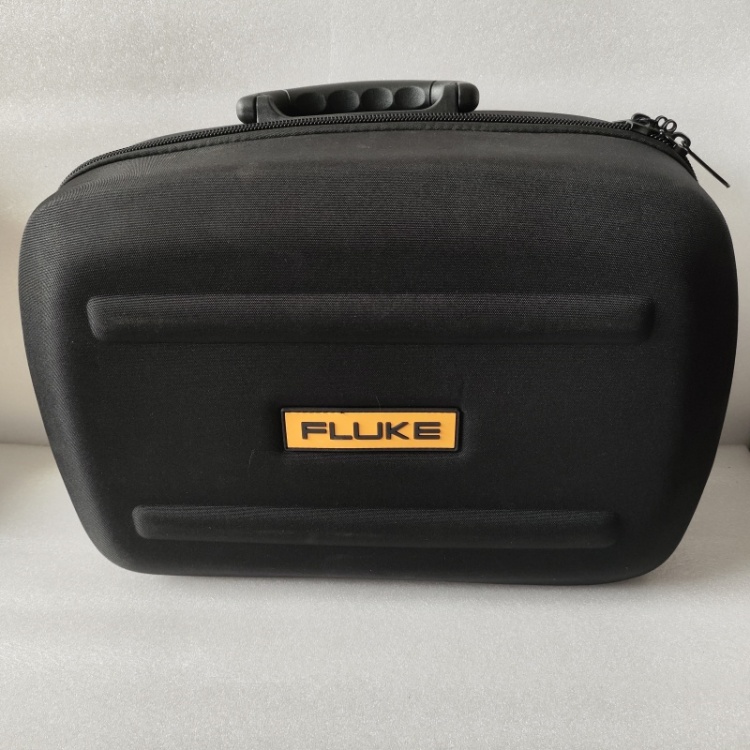The Fluke 714C is a handheld calibrator designed for temperature measurement and calibration. It is commonly used in industries such as manufacturing, process control, and maintenance where accurate temperature measurements and calibration are required. The Fluke 714C offers a range of features that make it a versatile tool for temperature calibration and troubleshooting tasks.
Here are some key features of the Fluke 714C:
1. Temperature measurement: The Fluke 714C allows you to measure temperature using various types of temperature sensors, such as RTDs (Resistance Temperature Detectors) and thermocouples. It typically offers high accuracy and can handle a wide range of temperature measurements.
2. Temperature calibration: The instrument can be used to calibrate and verify temperature devices, including temperature transmitters, gauges, and controllers. It provides a precise and stable temperature source that can be adjusted and set to specific values.
3. Dual temperature readout: The Fluke 714C may include a dual-readout capability that displays both the measured temperature and the sourced temperature simultaneously. This feature allows for easy comparison and calibration.
4. Current measurement and sourcing: Some versions of the Fluke 714C may include the ability to measure and source current, enabling you to calibrate and troubleshoot temperature loops that use current signals.
5. Data logging and communication: Certain models of the Fluke 714C may offer data logging functions, allowing you to record and store temperature measurements over time. The instrument may also support data transfer to a computer for further analysis or documentation.
6. Compact and rugged design: Like other Fluke instruments, the Fluke 714C is typically designed to be portable and withstand harsh environments. Its rugged construction ensures durability and reliability in demanding field conditions.



